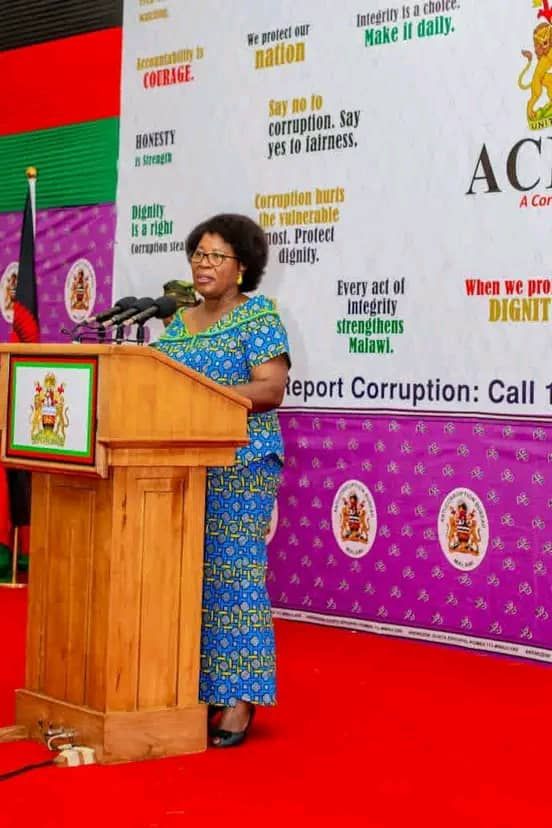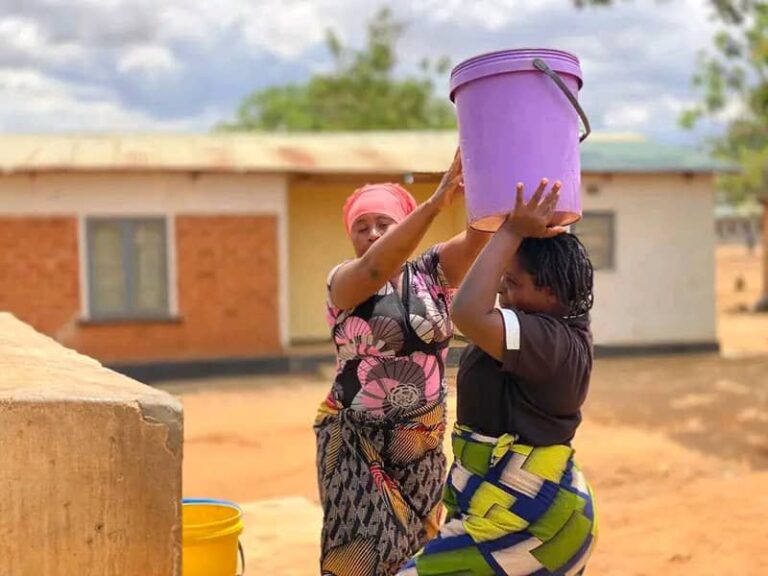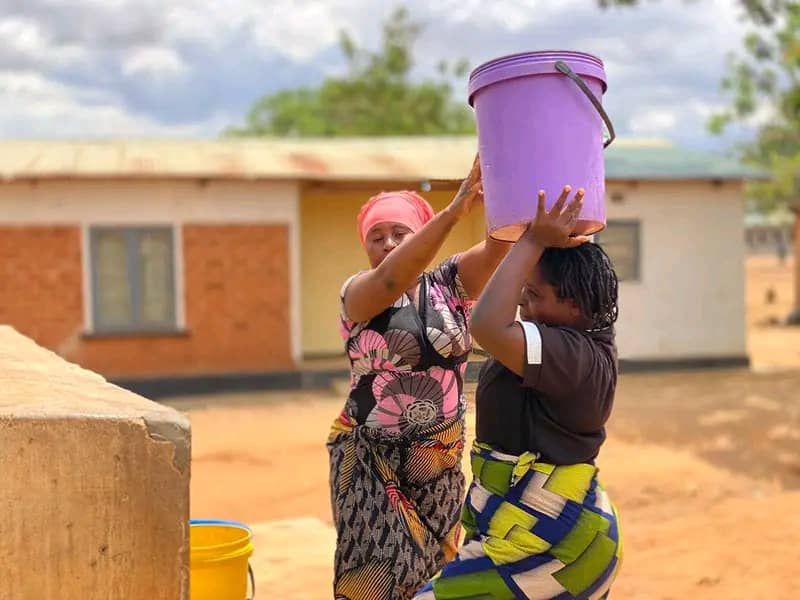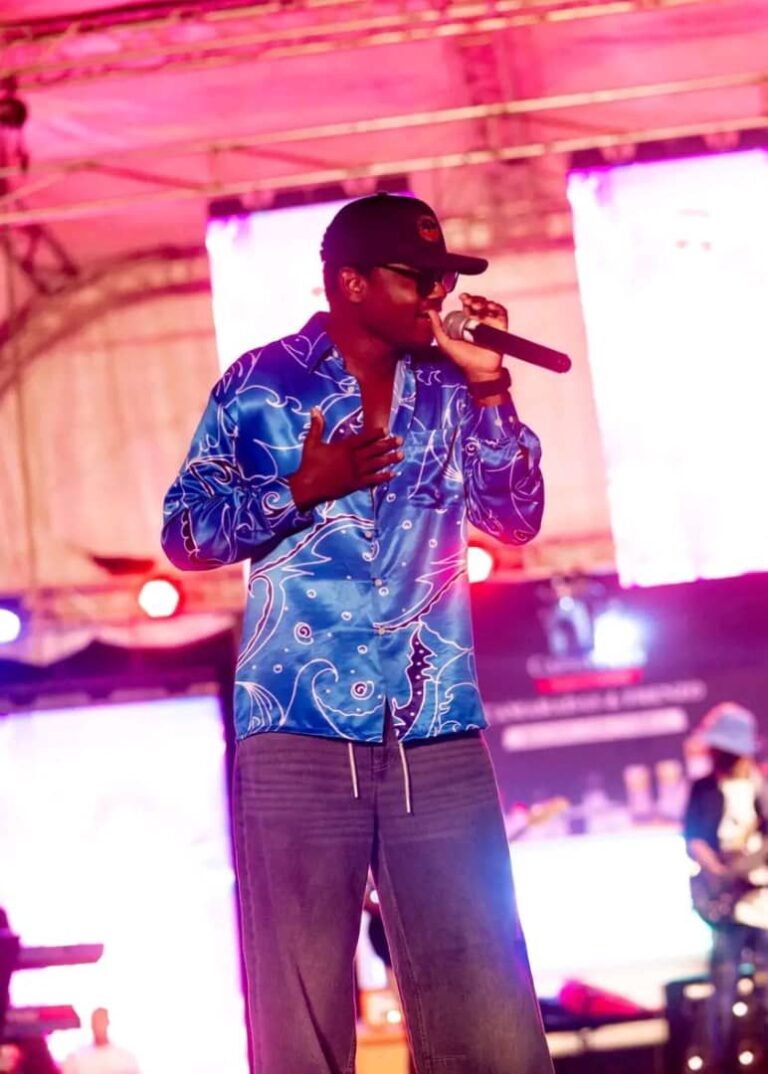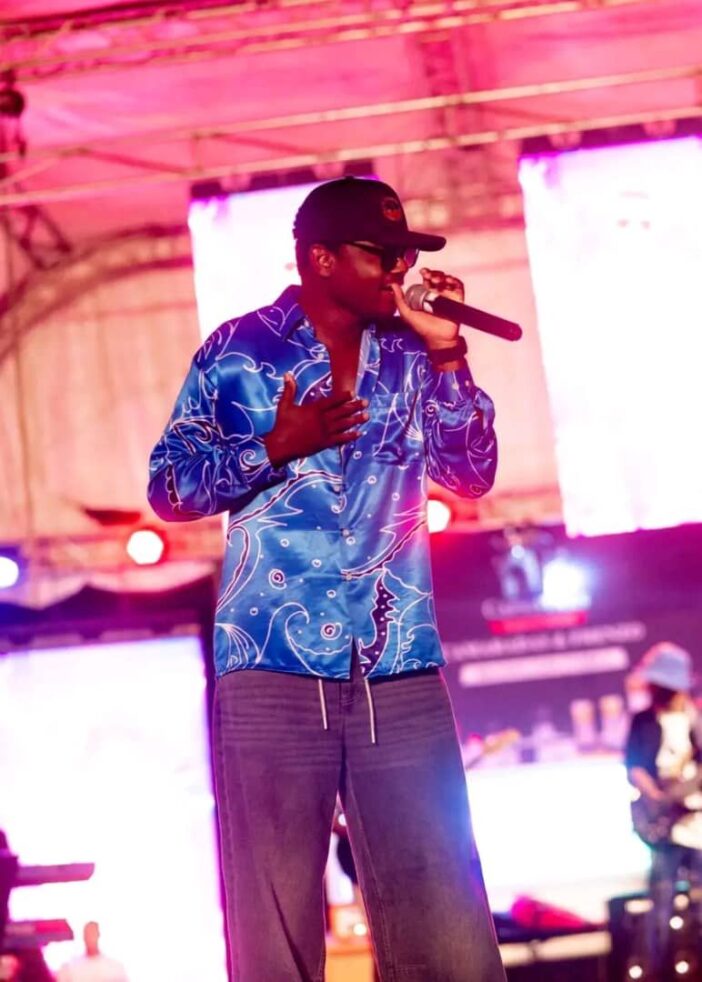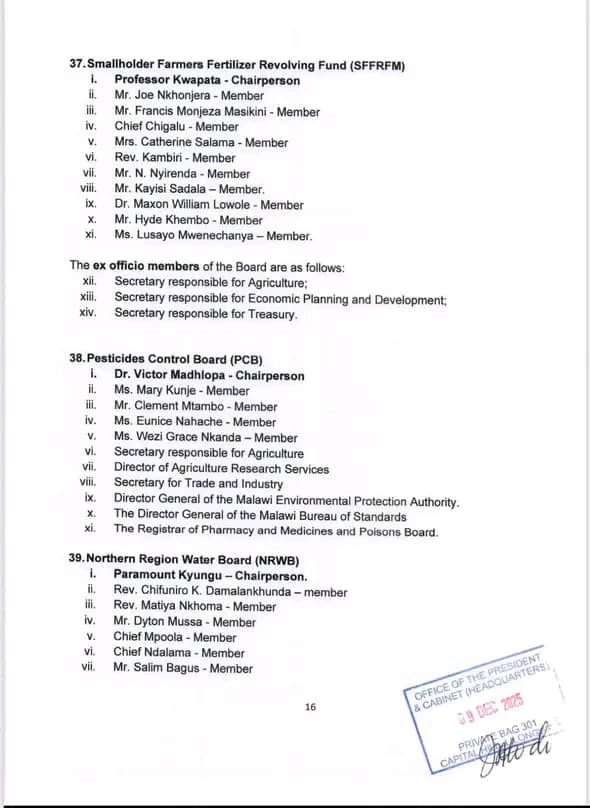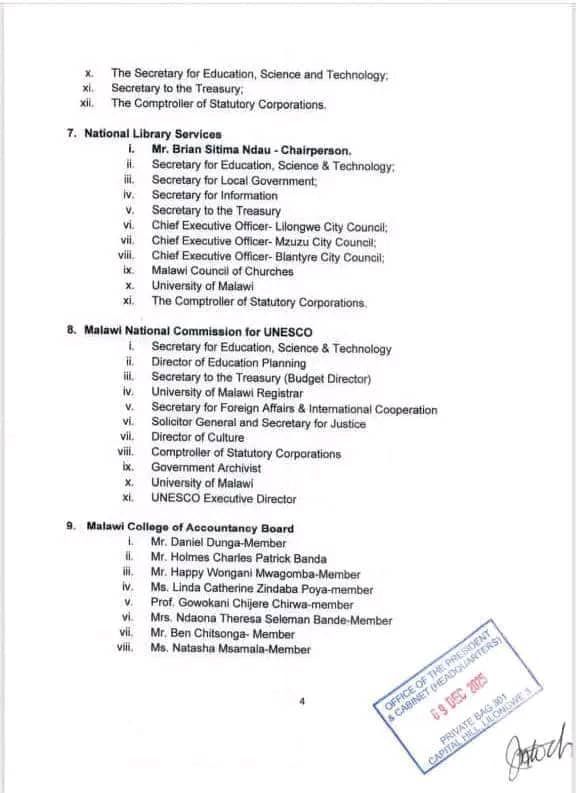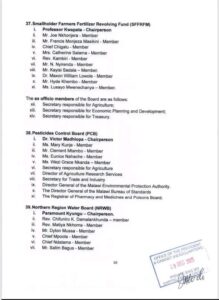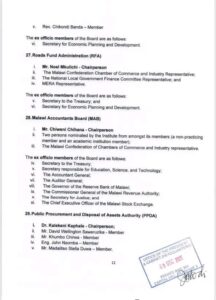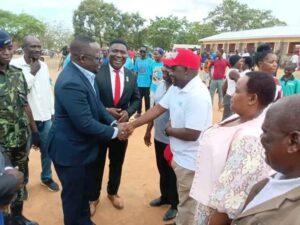By Burnett Munthali
Vice President Dr. Jane Ansah SC has described corruption as a moral crime that erodes the dignity of every citizen.
She made the remarks on Tuesday at the Bingu International Convention Centre during the commemoration of International Anti-Corruption Day.
The event was held under the theme: Promoting Human Dignity in the Fight Against Corruption.

Dr. Ansah explained that the theme complements the global campaign highlighting the crucial role of young people in combating corruption and building a future of integrity, transparency, and accountability.
She noted that this global campaign carries the theme: Uniting with Youth Against Corruption: Shaping Tomorrow’s Integrity.
The Vice President urged Malawian youths to reject shortcuts and dishonest gains, to stand firm in truth and integrity, and to safeguard the nation’s future.
She highlighted President Professor Arthur Peter Mutharika’s Zero Tolerance Policy on corruption and pledged the Government’s support to strengthen the Anti-Corruption Bureau (ACB).
Dr. Ansah further promised interventions aimed at bolstering the independence and operational capacity of the ACB.
Acting Director General of the Anti-Corruption Bureau, Gabriel Chembezi, emphasised that the fight against corruption goes beyond protecting resources, stating that it is fundamentally about preserving human dignity.
The Vice President concluded by calling on all Malawians to embrace integrity, accountability, and transparency as essential values for national development and societal progress.



